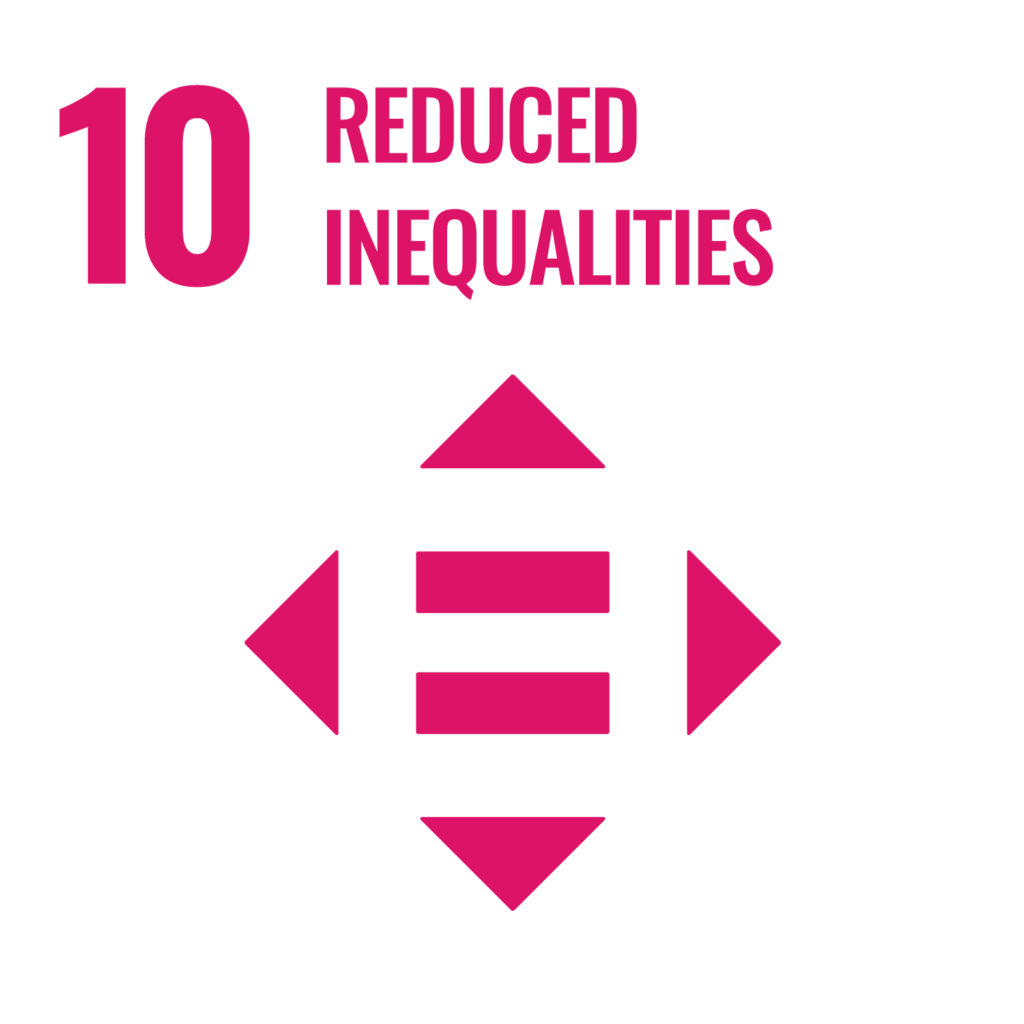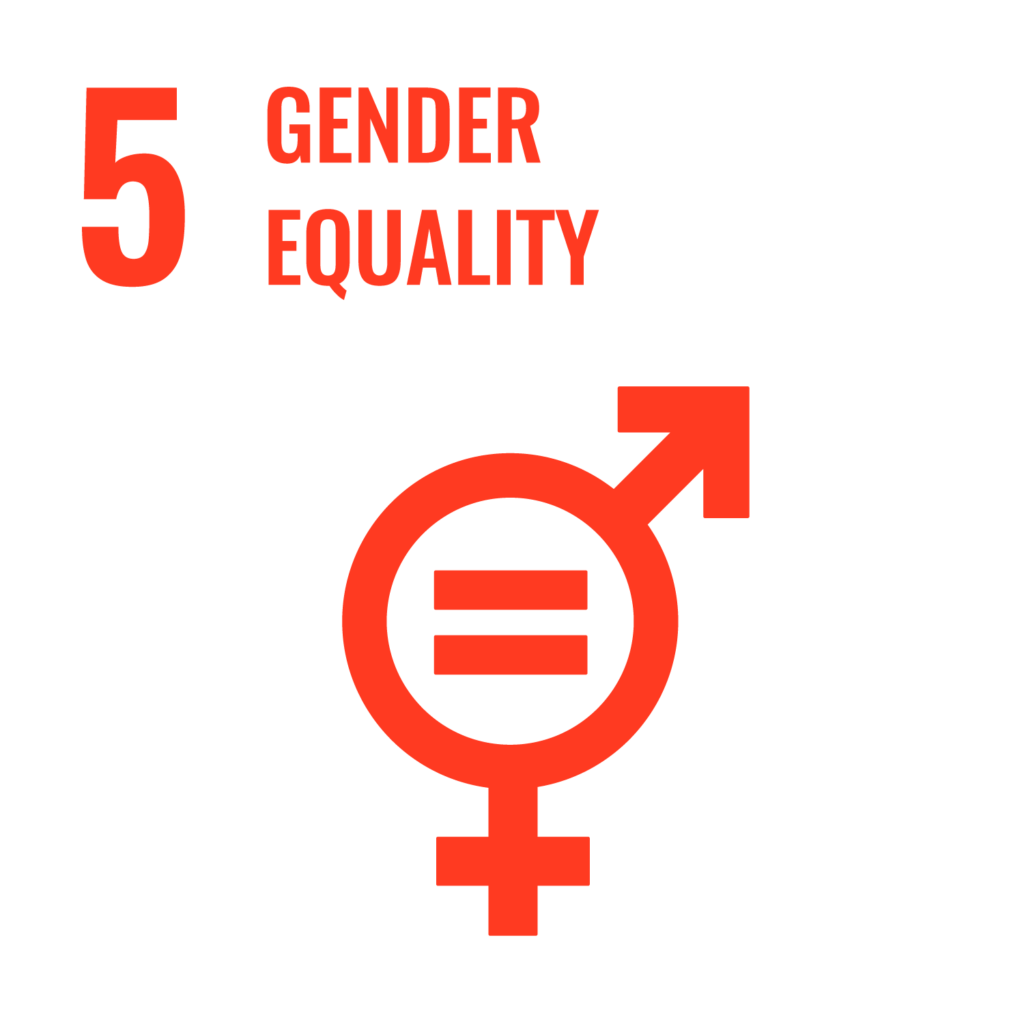EOSC Future grant: Indigenous Data Provenance Capacity for the European Reference Genome Atlas

Summary
The project aimed at increasing awareness and provide tools and approaches to promote CARE (Collective benefit, Authority to control, Responsibility and Ethics) as well as JEDI (Justice, Equity, Diversity and Inclusion) aspects in the creation and use of biodiversity genomics data. The goal was to counterbalance the socio-political forces that (e.g., due to the capital and specialist skills and equipment requirements) often exclude Indigenous People and Local Communities from governance and exploitation of the biodiversity data.
The context of the project was the European Reference Genome Atlas (ERGA) that is creating a catalog of Earth’s biodiversity. To increase the impact of the work with the CARE principles, the project established a partnership with Global Indigenous Data Alliance (GIDA) and Local Contexts. When evaluating the project design, it was determined that integrating the Local Contexts Traditional Knowledge and Biocultural Label and Notices system within the ERGA-Pilot as a standard of practice, would ensure that any Indigenous rights and interests could be disclosed and associated with all IPLC samples and data collected in partnership with ERGA.
Embedding Indigenous rights and interests as part of the ERGA-Pilot metadata collection standard of practice provided every participating researcher the opportunity to collect samples and generate genome data that are in alignment with both the FAIR and CARE principles. Making space for Indigenous rights and interests as a standard of practice during the metadata collection procedure in this way has consequently resulted in the inclusion of these fields into ERGA as it moves beyond its Pilot Phase.
People and organisations
Ann Mc Cartney graduated top of her class with a BSc in Genetics and Cell Biology in 2012 from Dublin City University, Ireland. She then received a national IRCSET scholarship to carry out a PhD in Bioinformatics and Molecular Evolution which she completed in 2012. This focused on using mathematical networks to uncover novel gene transcripts across primate species. From here, Ann went on to carry out a two year Postdoctoral Fellow position with ‘Genomics Aotearoa’ in Aotearoa, New Zealand. Here, she worked on building pipelines for the generation of high quality genomes for endemic, and endangered vertebrate and invertebrate species that were respectful to the Indigenous practices, protocols and knowledge systems of Māori. Currently, she is a Visiting Fellow in the Genome Informatics Section at NIH/NHGRI where she leads work for the European Reference Genome Atlas (https://www.erga-biodiversity.eu/), and Earth BioGenome Project (https://www.earthbiogenome.org/) on building inclusive, equitable, and scalable genomics infrastructures and policies alongside Sámi, Māori, and Native American partners. She is also a co-organiser of IndigiData (https://indigidata.nativebio.org/), and has led workshops for both SING Aotearoa and SING USA (https://www.singconsortium.org/). Ann is currently on detail in the NIH Office of Science Policy where she works on NIH Data Sharing and Management Policy and NIH Genomics Data Sharing Policy.
Key outputs
More information
- Documentation/links
Sustainable development goals
Primary



Secondary


